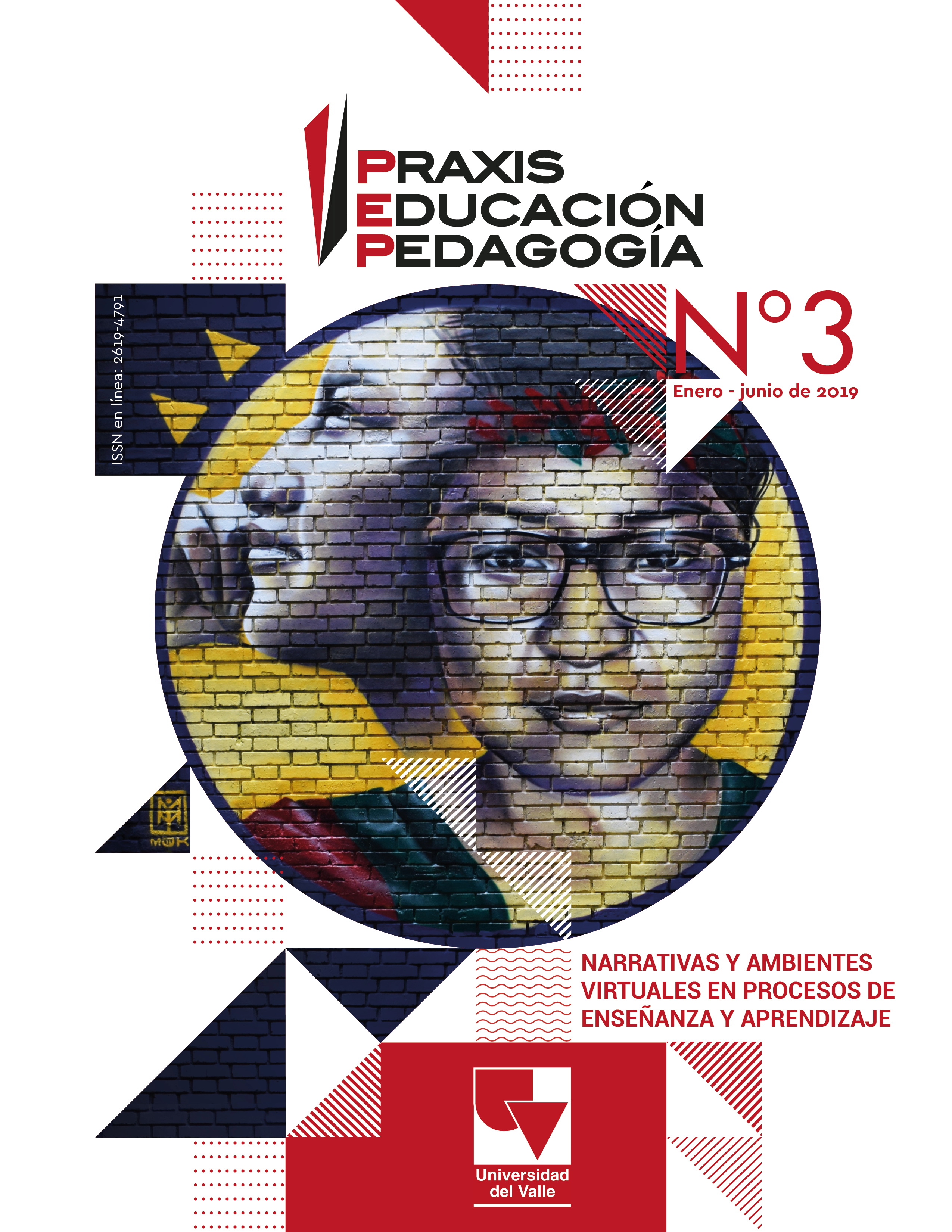Diario de una intervención didáctica
Palabras clave:
Didáctica, Cálculo, Infinitésimos, Infinito, RigorContenido principal del artículo
Este artículo se propone narrar una parte de nuestra experiencia vivida a lo largo de varios semestres tratando de enseñar ideas fundamentales de la teoría del cálculo. Nos proponemos explicar cómo ha ido cambiando nuestra mentalidad didáctica y matemática al ser testigos de las dificultades conceptuales de los estudiantes –y vivirlas con ellos– cuando son confrontados con situaciones que generan una tensión entre sus intuiciones y el rigor aritmético propio del análisis. Las atmósferas vividas en el salón de clases, las tensiones entre los intentos de enseñar y los profundos obstáculos para el aprendizaje nos indican la existencia de una fisura epistémica al intentar transitar de una manera de entender sensorio-motriz a otra de rigor aritmético.
Arquímedes. (2006). El Método, una carta reveladora de Arquímedes a Eratóstenes. Revista Suma, 53, 69-73.
Byers, W. (2007). How Mathematicians Think. Princeton Univ.Press.
Dantzig T.D. (1954). Number: The Language of Science, 4th ed. N. York: Free Press.
Demidov, S. S., y Shenitzer, A. (2000). Two letters by N.N. Luzin to M.Ya. Vigodskii. The American Mathematical Monthly, 107(1), 64–82.
Edwards, C.H. (1979). The Historical Development of Calculus. New York: Springer-Verlag.
García Álvarez, M. (2005). Introducción a la Teoría de la Probabilidad. México: Fondo de Cultura Económica (FCE).
Heath, T. L. (1956). The Thirteen Books of Euclid ́s Elements. Cambridge: Cambridge University Press (Dover reprint).
Hairer, E., y Wanner, G. (1995). Analysis by its History. New York: Springer-Verlag.
Klein, F. (1896). The arithmetizing of mathematics. Bulletin of the American Mathematical Society (BAMS), 3, 241-249.
Klein, F. (1908, 2017). Elementary Mathematics from a Higher Standpoint, (nueva traducción al inglés de G. Schubring. New York: Springer-Verlag.
Lakoff, G., y Nuñez, R. (2000). Where Mathematics Comes From: How the Embodied Mind Brings Mathematics into Being. New York: Basic Books.
L ́Hôpital, G. (1998). Análisis de los infinitamente pequeños. México: UNAM, Facultad de Ciencias.
M. Donald. (2001). A Mind so Rare. Norton, New York.
Newton, I. (1999). The Principia (obra original de 1687). Estados Unidos: University of California Press.
Polya, G. (1954). Mathematics and Plausible Inference. Princeton: University Press.
Pierpont, J. (1899). On the arithmetization of mathematics. Bulletin of the American Mathematical Society, 5(8), 394-406.
Thom, R. (1972). Modern mathematics: does it exist? In A. G. Howson (Ed.), Development in mathematical education. Proceedings of the second international congress on mathematical education (pp. 159–209). Cambridge: Cambridge Univ. Press
Tomasello, M. (1999). The cultural origins of human cognition. Cambridge: Harvard University Press.
Zimmerman, S. (2013). I believe it, but I don ́t see it. International Journal of Mathematics Education in Science and Technology, 44(3), 452-456.
Downloads

Esta obra está bajo una licencia internacional Creative Commons Atribución-NoComercial-CompartirIgual 4.0.

